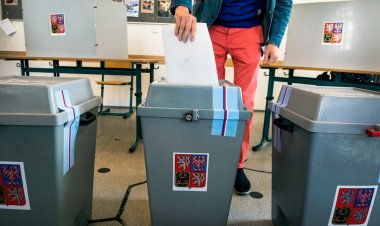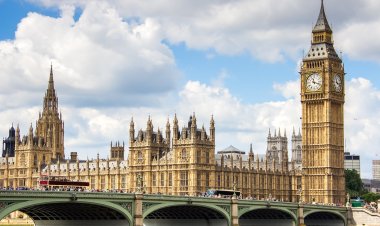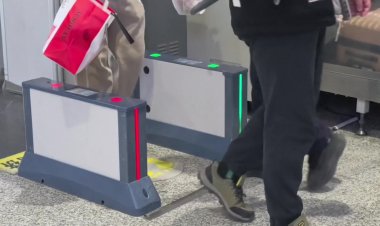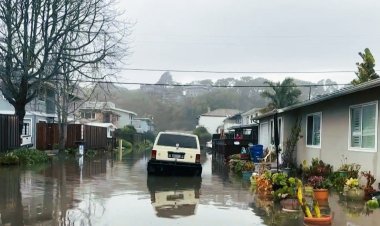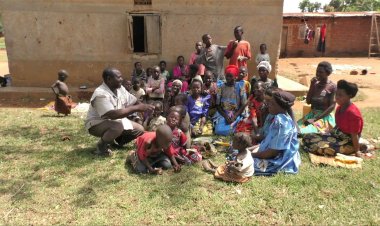Petro's land reform in Colombia faces hurdles
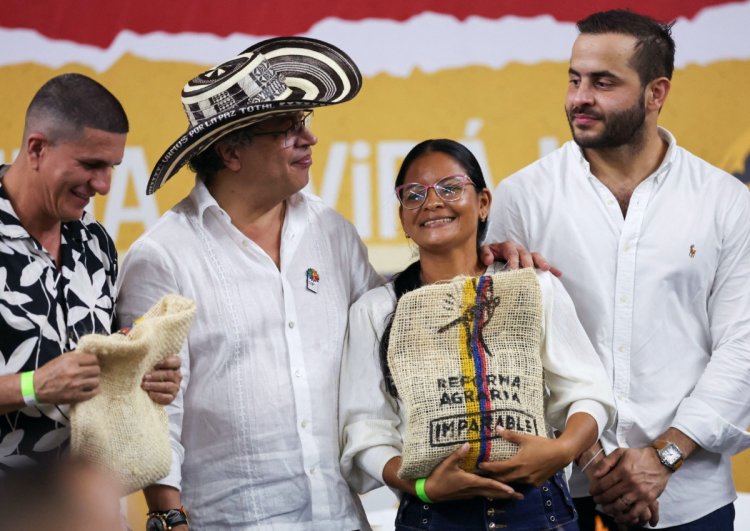
Colombia's first leftist President Gustavo Petro's ambitious land reform program is facing significant challenges in meeting its goals of redistributing land to victims of the country's decades-long conflict. While the government has made progress by purchasing about 1 million acres for $600 million in two years—significantly more than the previous administration's 45,000 acres—it falls short of the original target to acquire 3 million hectares.
The land reform initiative, stemming from the 2016 peace deal with FARC rebels, aims to formalize ownership of 17.3 million acres and purchase 7.4 million acres for conflict victims by 2031. The National Land Agency (ANT) has formalized ownership of 3.2 million acres and expects to add another 1.2 million by year's end.
However, the program faces multiple obstacles, including ongoing violence, budget constraints, bureaucratic challenges, and resistance from some landowners. The government has allocated $1.1 billion to compensate approximately 600,000 people before Petro's term ends in 2026, but the total cost to compensate all 9.75 million registered conflict victims would reach $80.6 billion.
The situation remains critical as violence continues to affect the country. Recent reports indicate that Colombia's four main illegal armed groups expanded their territorial control in 2023, while approximately 580,000 people were displaced in 2022-2023, according to UN figures.
The reform's success is crucial for breaking the cycle of violence, as victims who remain in poverty are vulnerable to recruitment by armed groups. Colombia's experience mirrors similar challenges faced by other countries implementing land reforms, including South Africa, Brazil, and Mexico.
Comptroller General Carlos Rodriguez has warned that without immediate and effective measures, the promise of land access and rural development for millions of Colombians may remain unfulfilled.




